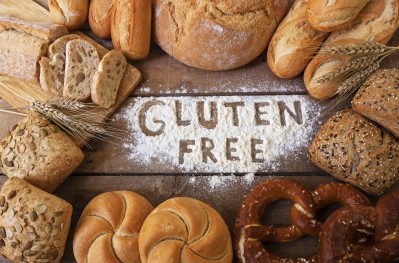Are gluten-free diets harmful for non-coeliacs?

In these individuals, the gluten triggers inflammation and damage to the lining of the small intestine, and the treatment is strict gluten avoidance.
There is also a less defined entity (non-coeliac gluten sensitivity) for which the biological basis is uncertain.
Gluten-free foods have become trendy
Originally developed specifically for coeliacs, gluten-free foods have become trendy among sections of the wider population, thanks in part to celebrity endorsement.
But is mainstream adoption of gluten-free supported by the evidence?
A paper in The BMJ advises that promotion of gluten-free diets among people without coeliac disease should not be encouraged because avoidance of gluten may result in reduced consumption of beneficial wholegrains.
Associated with lower cardiovascular risk
These, and wholemeal products made from them, are associated with lower cardiovascular risk.
This advice follows analysis of the link between gluten and heart disease incidence in 100,000 American health professionals over 25 years.
The finding suggests a need for caution and more research to check whether the relationship can be replicated.
- Judy Buttriss is director general of the British Nutrition Foundation















